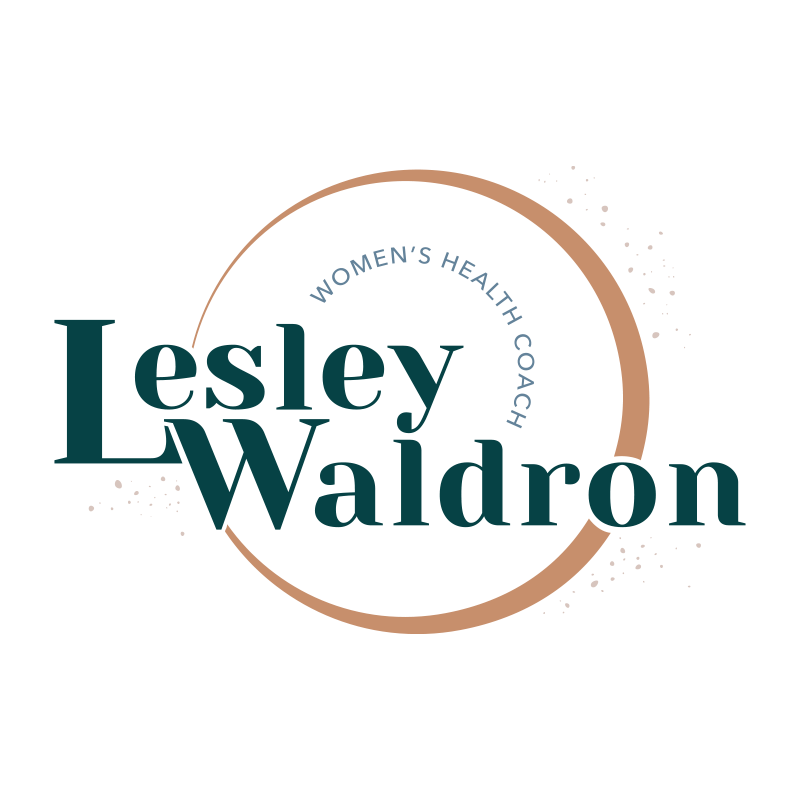The two pronged approach to stress we all need in midlife
What do we mean when we say we’re ‘stressed’
Stress is inevitable. But there are actions we can take to mitigate the impact of the physical stress response, and to decrease the life load that adds to stress.
Let’s start with the inevitability of stress
Hans Selye was the first first scientist to identify ‘stress’ and explore the hormonal response to it, as well as it’s impact on illness and disease. What is important is that he said: “Stress is not necessarily bad for you; it is also the spice of life, for any emotion, any actitivity causes stress. But of course your system must be prepared to take it. The same stress that makes one person sick may be an invigorating experience for another”
If we translate this to midlife - a point in time when we often have multiple stressors - in terms of our responsibilities for children, ageing parents, work and communities, and a society that is ‘always on’, alongside the impact of hormone change which can mean we have less of a physical and psychological buffer to stress, now is a good time to address this.
In my recent workshop I explored approaches to both the physical impact of stress and to reducing the impact of stressors.
PHYSICAL STRESS
Our nervous system is set up to response to a perceive threat in 1 of 3 ways, each of which is designed to keep us safe in different ways from external threat.Fight or flight, Freeze, and Fawn
Key stress hormones, are released - adrenaline and cortisol - these cause a cascade of reactions in our body design to enable us to fight or run away from a threat (or freeze). These hormones increase our heart rate and blood pressure in order to get better blood supply to the muscles, blood sugar is released to give us energy to run away, blood supply is reduced to non essential organs (skin, reproductive organs, digestion, liver and kidneys) in order to prioritise heart and lungs (for running away fast!).
Chronic stress in the long term can create problems that are actually very similar to some perimenopause symptoms, things like feeling, wired but tired, Aches and pains Hairloss Difficulty concentrating Increased PMS Irregular periods Slower metabolism Lower libidoSleep issues
It’s important to find ways to deal with the physical stress as well as reducing stressors.
DEALING WITH THE PHYSICAL STRESS RESPONSE.
Physical exercise (not too intense!)
Connection - hugs, kisses, love and friendship
Balance blood sugar
Breath work
Meditation and mindfulness (creating space between stressor and stress response)
Sleep, blood sugar balance, and rest to reduce likelihood of stress response Tuning into your needs and your cycle.
STRESSORS
These can be many in midlife
Work - whether in terms of responsibilities, instabilities, or simply a large workload, or difficult working environment
Family - teens, toddlers, ageing parents, all create different forms of stress and concern at different stages for different people.
Environment - pollution, traffic, exposure to chemicals, all exert a stress on the body
Financial stress
News, and the stress of current affairs, you’ll notice you have a stress reaction to some distressing news stories.
Sleep deprivation - this is a physical stress on the body and makes us much more stress responsive
Illness, infection
Inactivity and lack of leisure and downtime - being ‘always on’
I bet you have more you could add to this list!
DEALING WITH STRESSORS
This isn’t always very easy as so much of that list above feels inevitable and impossible to shrug off, but I bet you could find places where you could think about the following
The power of ‘NO’
Discovering new boundaries (because lower Oestrogen = less people pleasing)
What do you have the power to change?
Reduce Delegate
Ask for support Prioritise
Perspective and creating a vision for the future
I have 4 challenges you could choose from to play with here
1.Sit and sip to get your body back into rest mode. Take 5 minutes to mindfully sip a hot or cold drink without distraction
2.Breathwork or meditation - start with just 3 minutes a day - do the box breath or download a meditation app
3.Take restorative activity
a.Walk in nature
b.Creative pursuits
c.Time with good friends
4.Reduce one stressor - take one stressor - and spend 5 minutes writing down creative ways to reduce or remove it
And if you’d like some help with this, why not book in a quick call to see if health coaching might be what you need right now.
